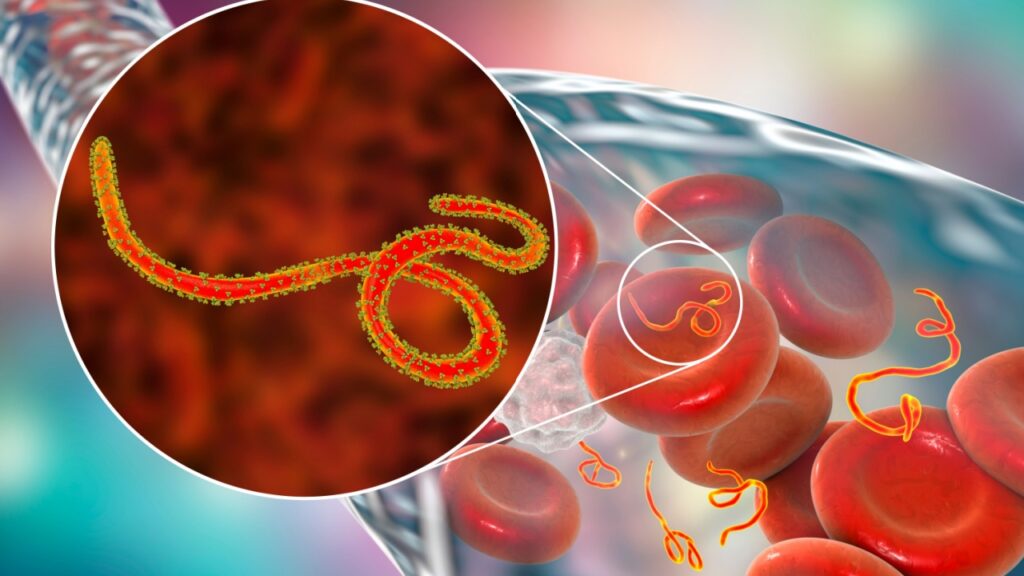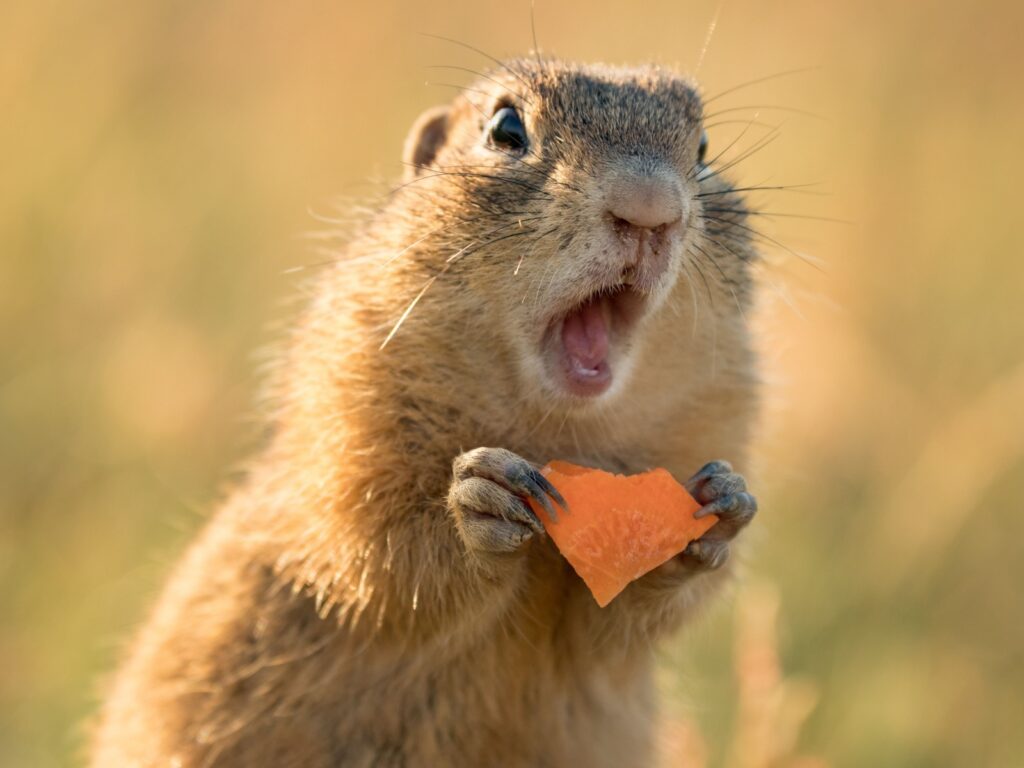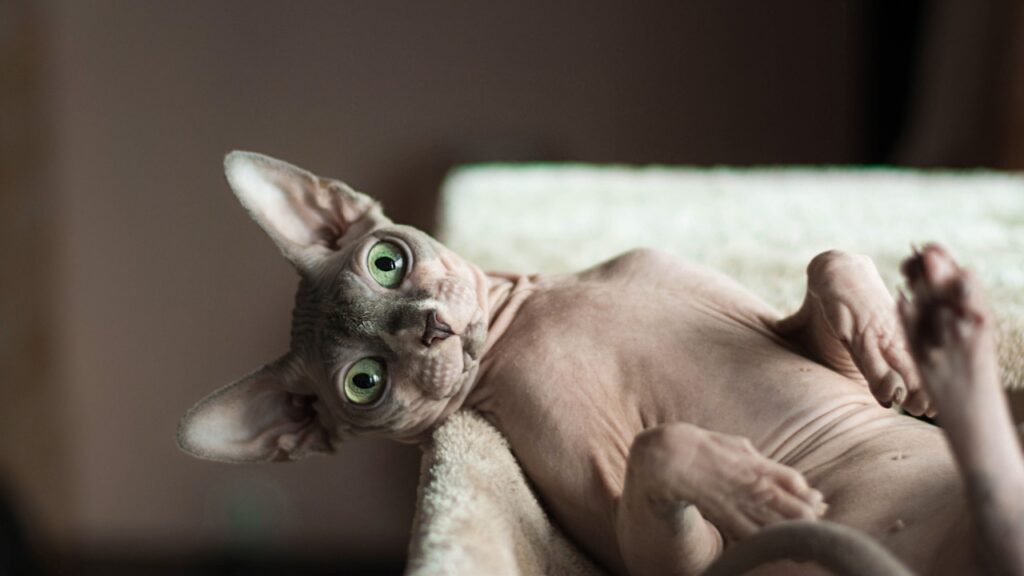Animals are an important part of our world, but they can also carry diseases that can be harmful to humans. It’s crucial to know about these diseases to stay safe and healthy. Here are 15 deadly diseases that you can catch from animals.
1. Rabies

Rabies is a deadly virus that affects the brain and spinal cord. It spreads through the saliva of infected animals, usually through bites. Without prompt treatment, rabies is almost always fatal.
2. Lyme Disease

Lyme disease is caused by bacteria carried by black-legged ticks. If bitten by an infected tick, you may experience fever, headache, and a distinctive bulls-eye rash. If untreated, it can lead to severe health issues.
3. Salmonella
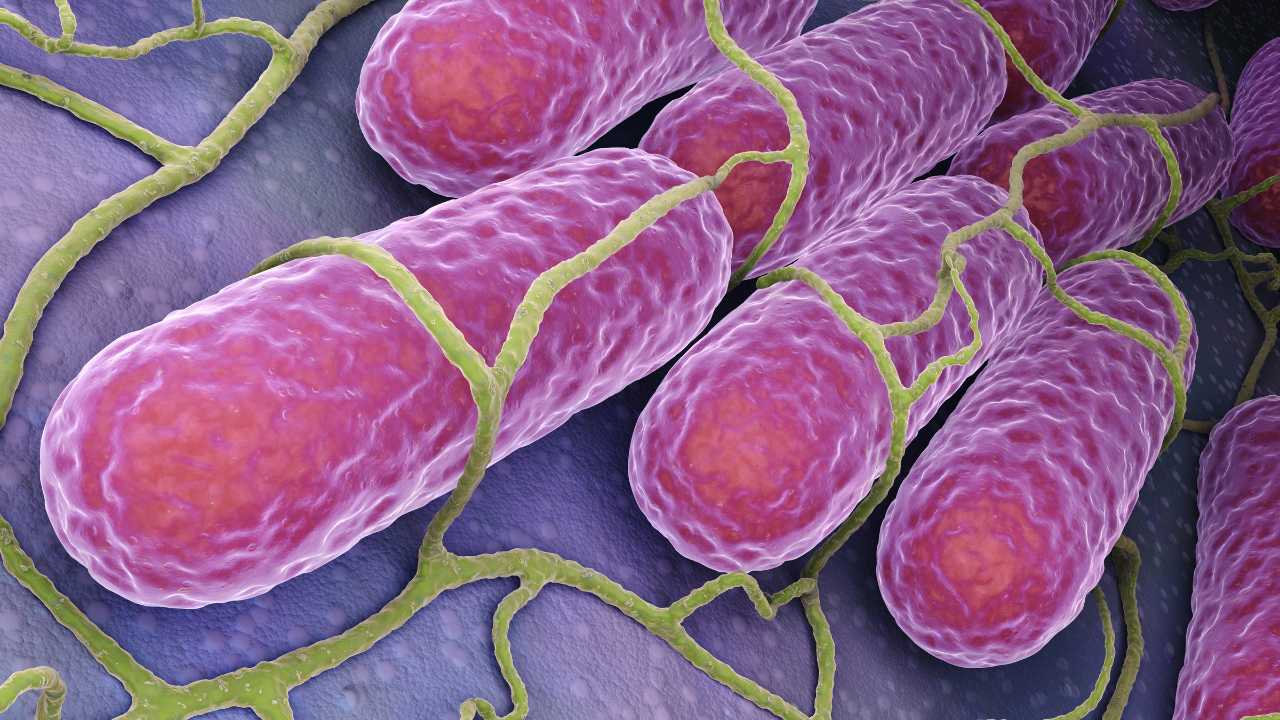
Salmonella bacteria can be found in the intestines of animals, especially reptiles and birds. People can get infected by handling animals or consuming contaminated food, leading to severe gastrointestinal illness.
4. Hantavirus
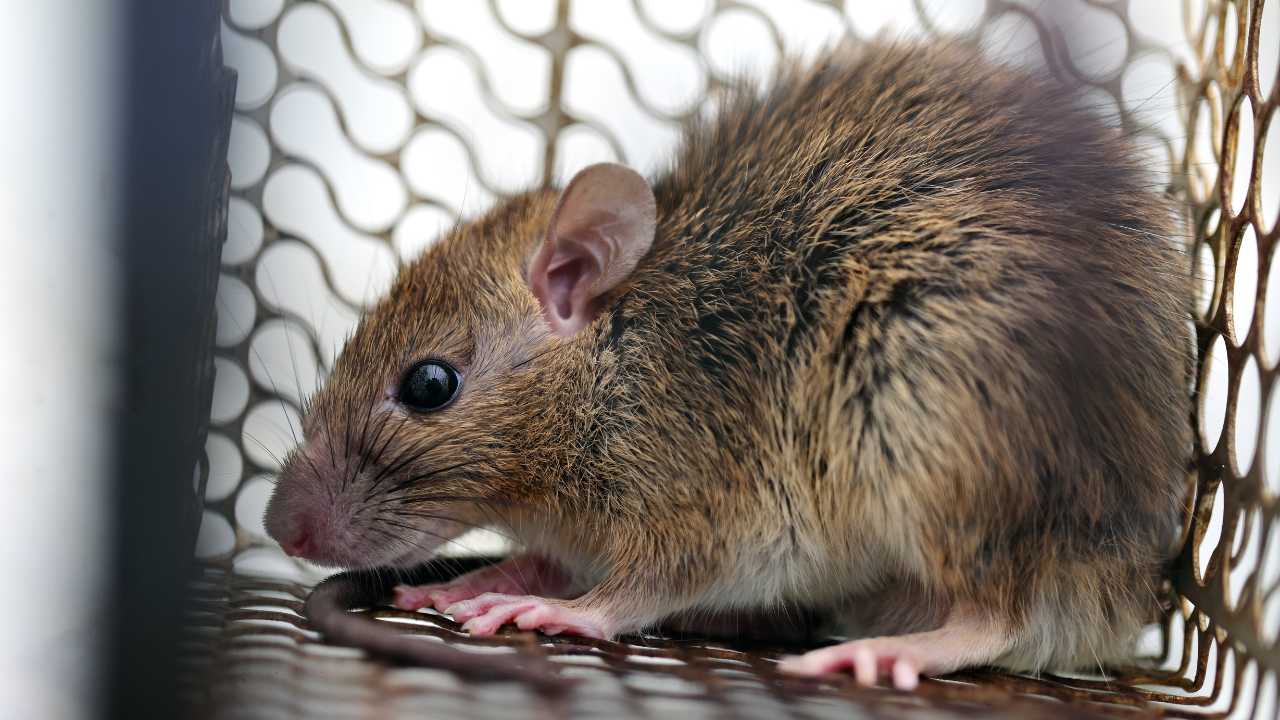
Hantavirus is carried by rodents, particularly deer mice. Humans can get infected by breathing in dust that contains the virus from rodent urine or droppings. It can cause serious respiratory illness.
5. West Nile Virus
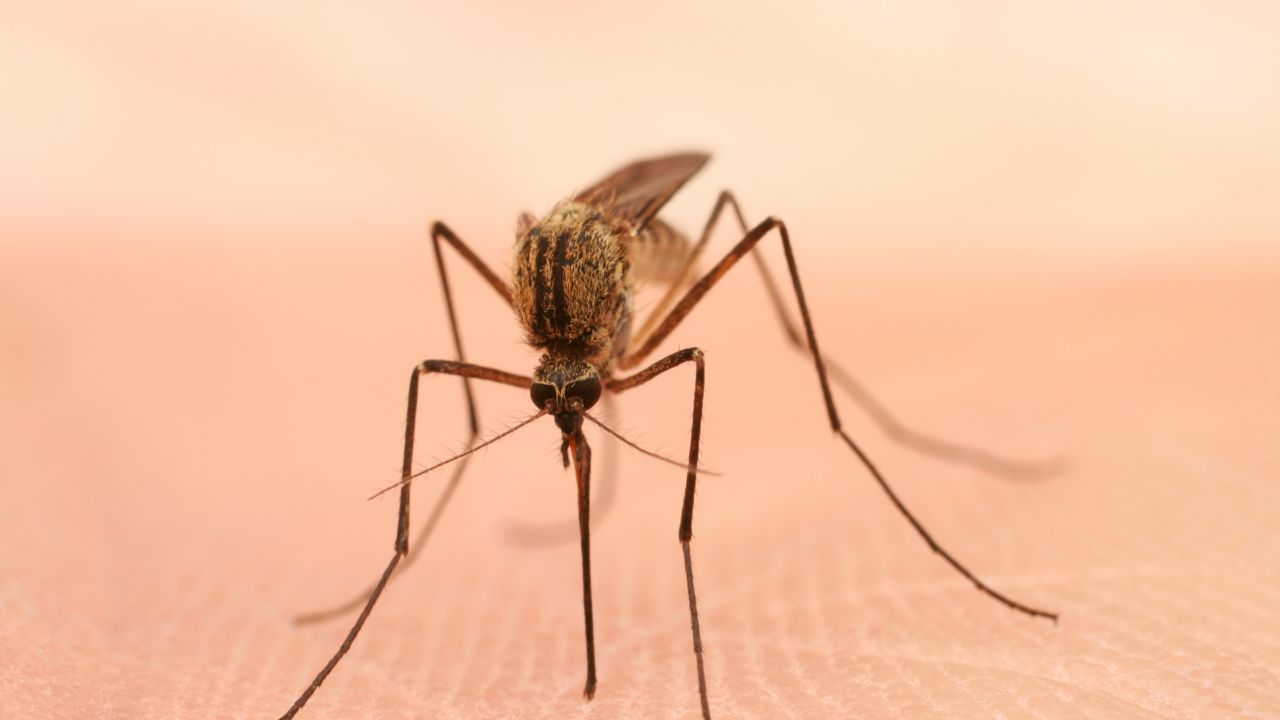
West Nile Virus is transmitted to humans through mosquito bites. Mosquitoes become infected when they bite infected birds. It can lead to severe neurological disease in some cases.
6. Toxoplasmosis
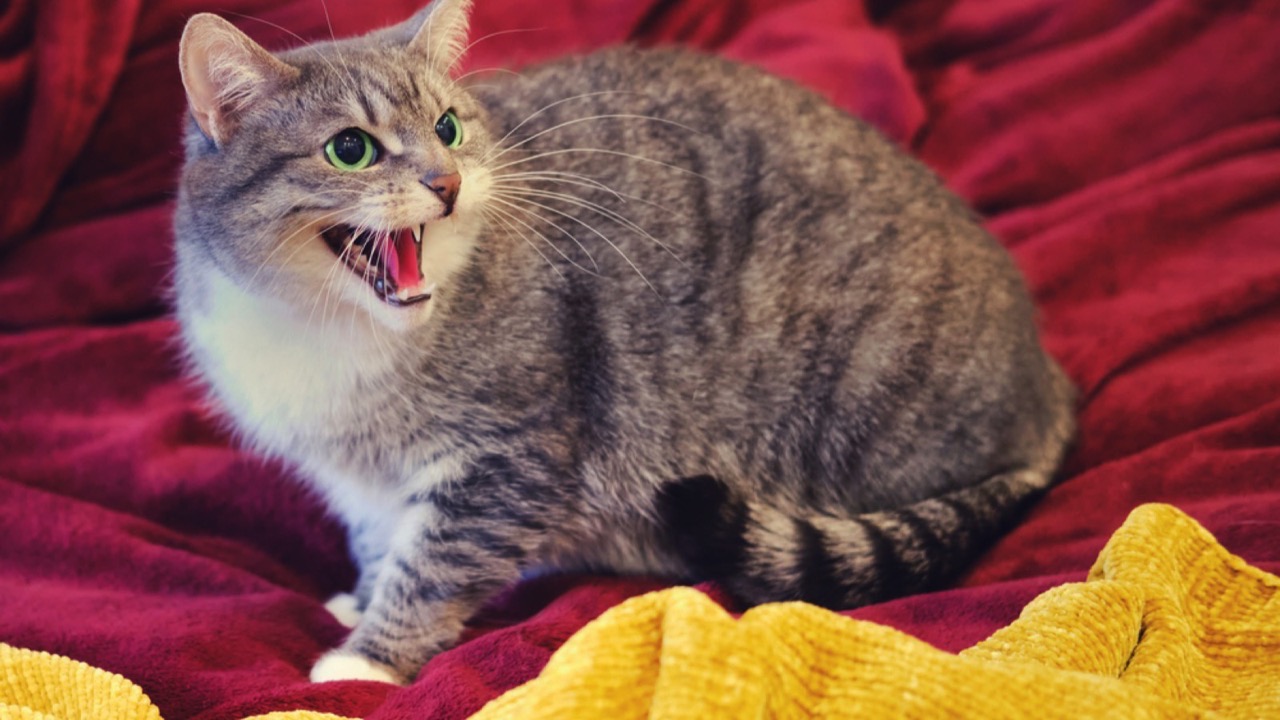
Toxoplasmosis is caused by a parasite found in cat faeces. It can be particularly dangerous for pregnant women, potentially causing birth defects. It’s also spread through undercooked, contaminated meat.
7. Plague
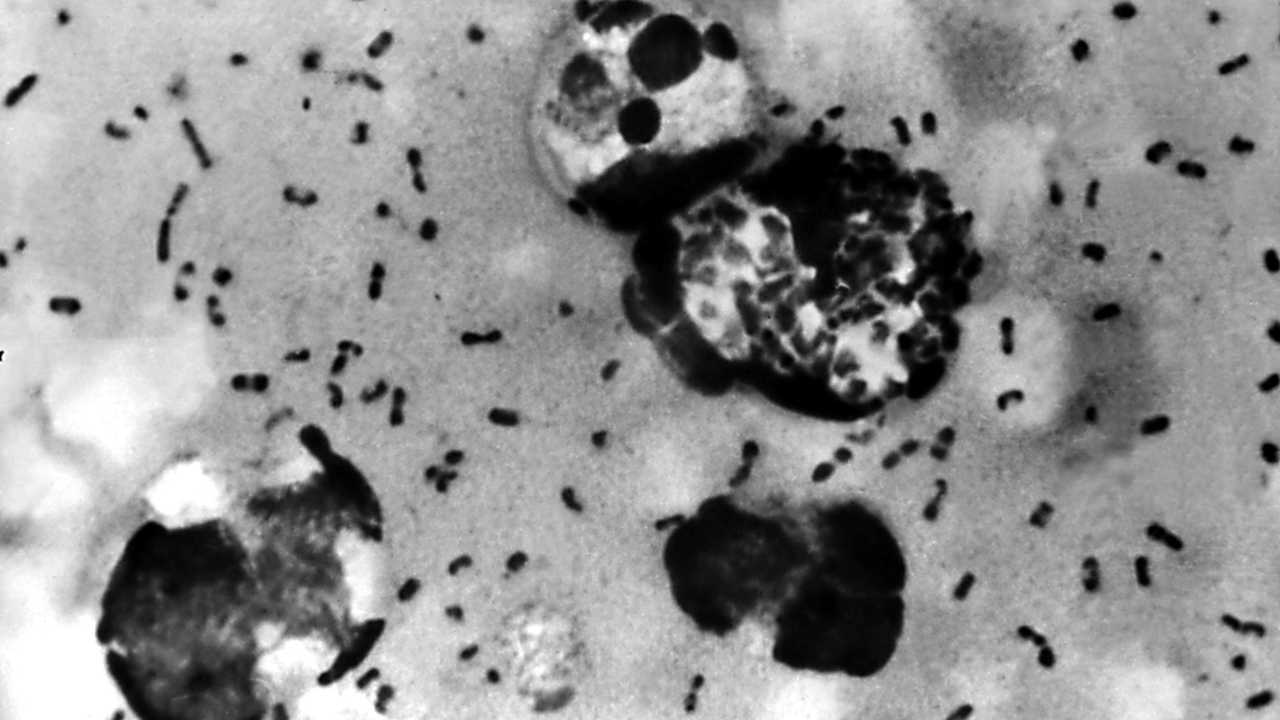
The plague, caused by the bacterium Yersinia pestis, is transmitted by fleas that live on rodents. It can cause severe illness or death if not treated quickly. Symptoms include fever, weakness, and swollen lymph nodes.
8. Leptospirosis
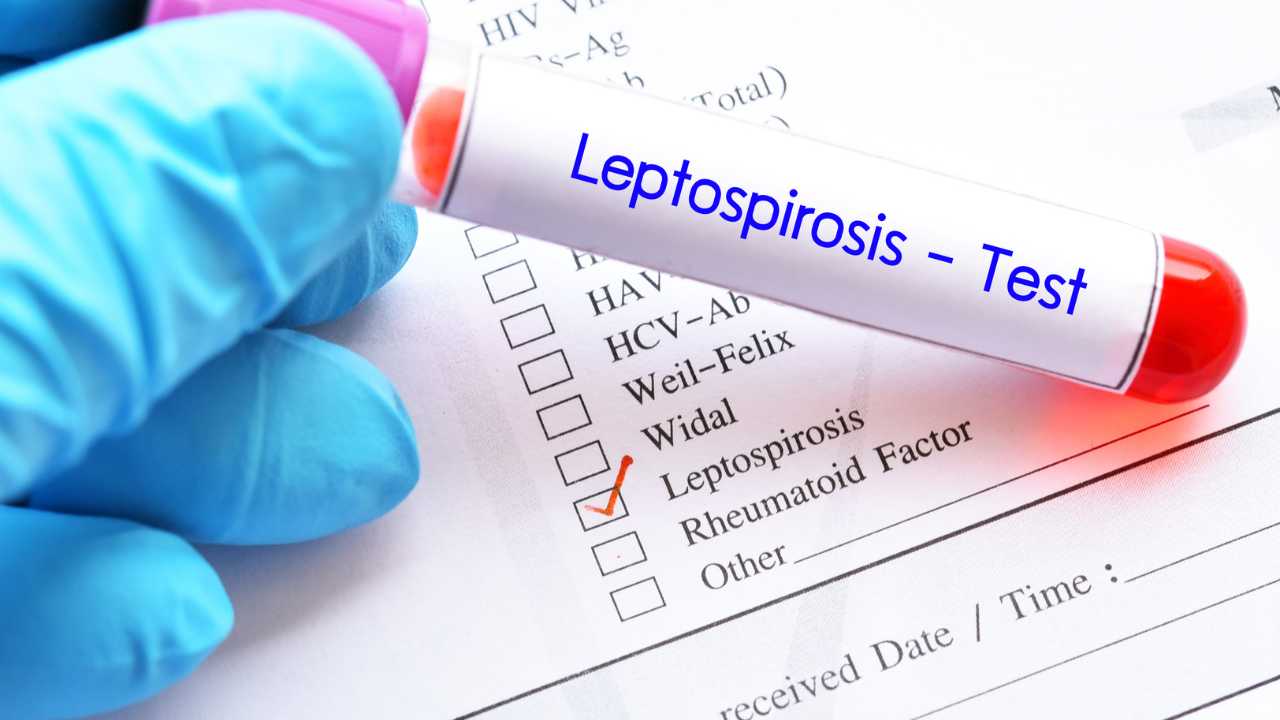
Leptospirosis is a bacterial infection spread through the urine of infected animals, often in contaminated water. It can cause a wide range of symptoms, from mild flu-like illness to severe disease affecting the liver and kidneys.
9. Cat Scratch Disease
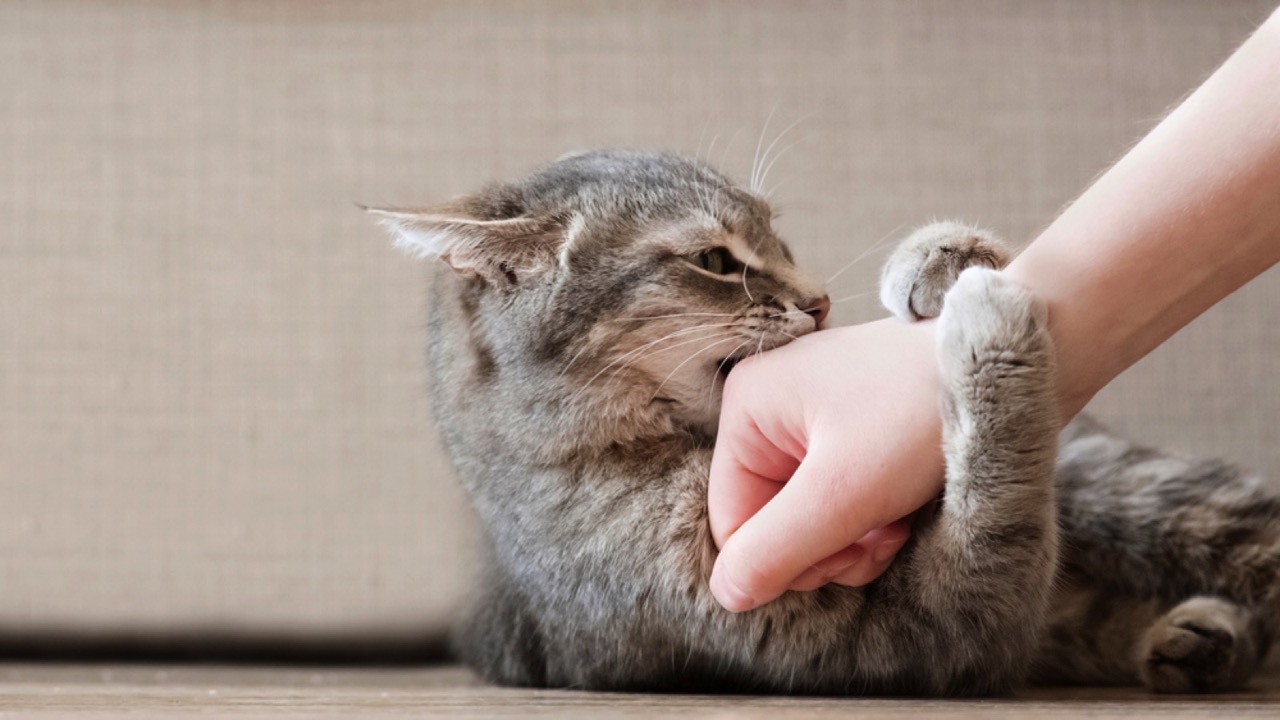
Cat scratch disease is caused by the bacterium Bartonella henselae, which cats can carry. It spreads to humans through scratches or bites, leading to swollen lymph nodes, fever, and fatigue.
10. Anthrax
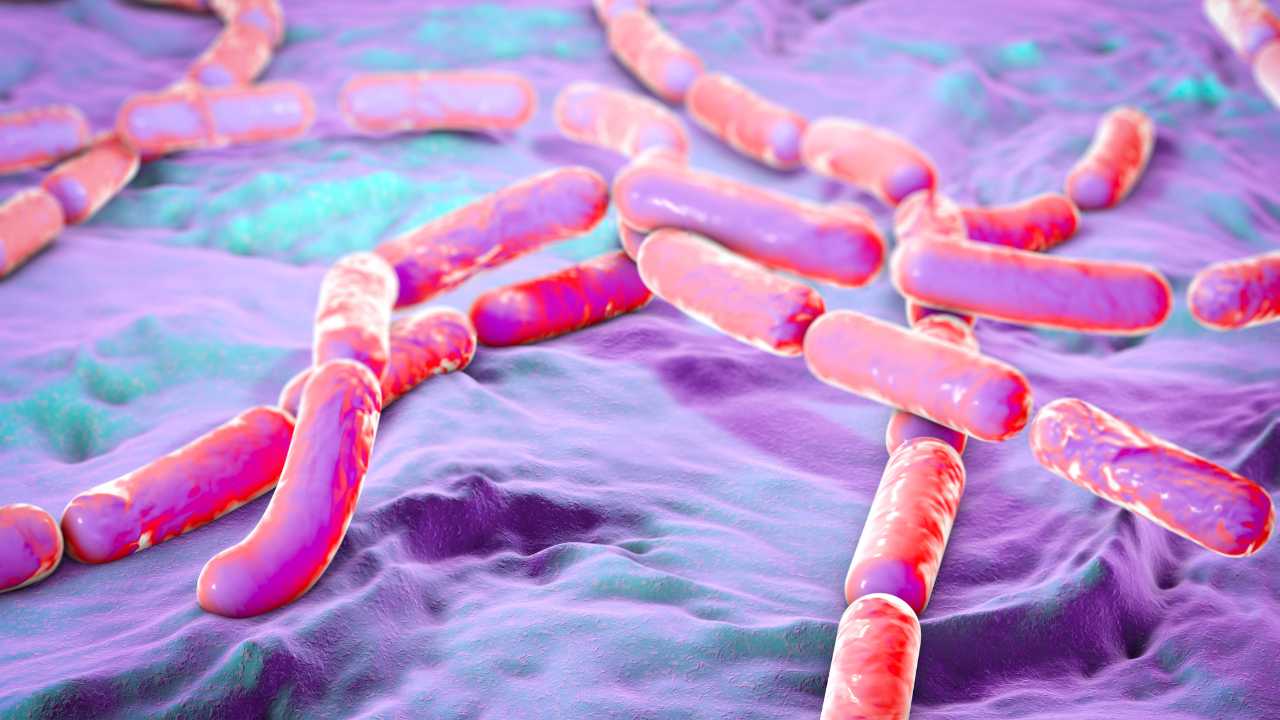
Anthrax is caused by Bacillus anthracis, a bacterium found in soil and commonly infecting livestock. Humans can get infected through skin contact, inhalation, or eating contaminated meat. It can be fatal if not treated.
11. Avian Influenza
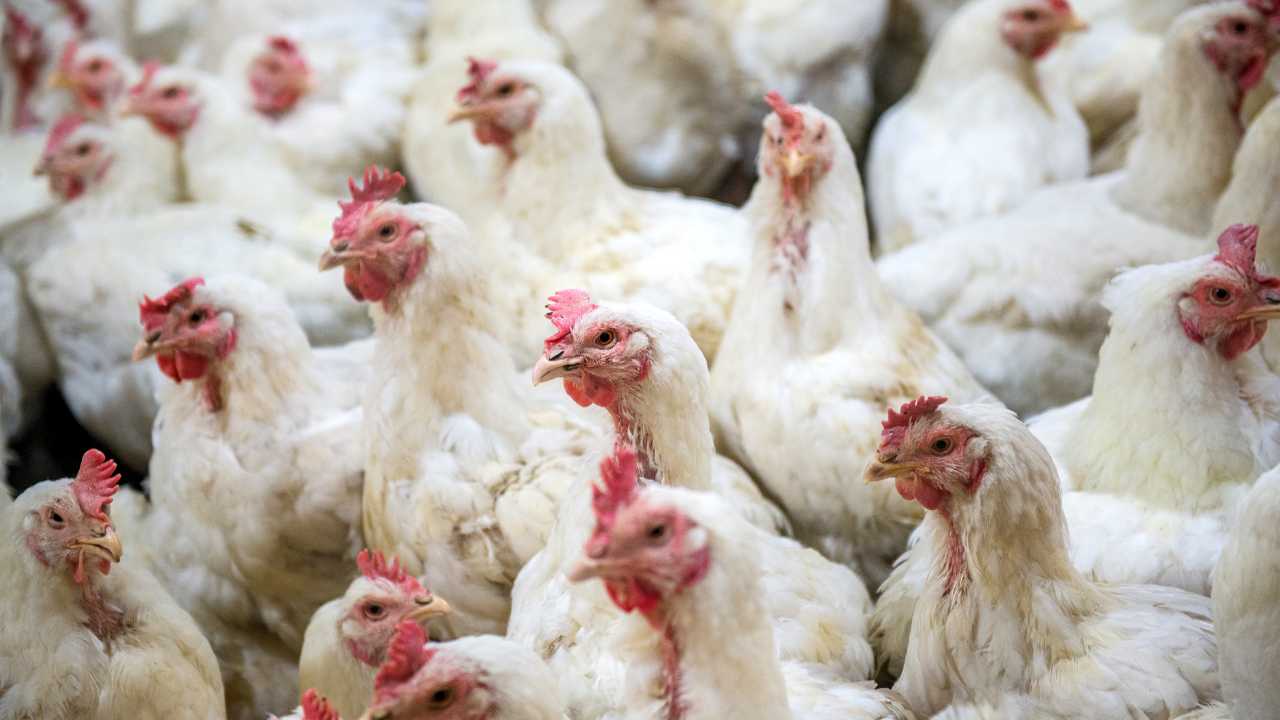
Avian influenza, or bird flu, is a viral infection that spreads from birds to humans. It can cause severe respiratory illness and has the potential to lead to pandemics. Handling infected birds or their droppings can spread the virus.
12. Ebola
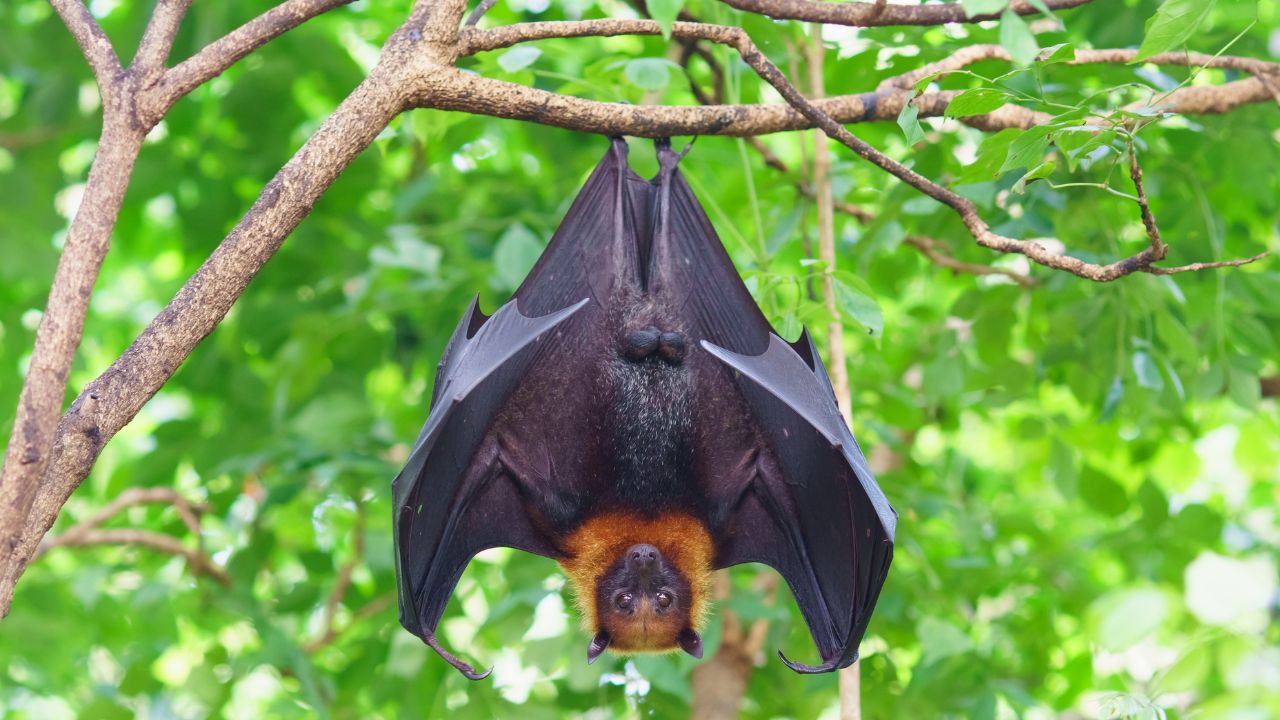
Ebola is a severe, often fatal illness in humans caused by the Ebola virus, which is believed to be spread by bats. People can get infected through contact with blood or bodily fluids of infected animals or humans.
13. Brucellosis

Brucellosis is a bacterial infection that spreads from animals to humans through unpasteurized dairy products or direct contact with infected animals. It causes fever, sweats, and muscle pain.
14. Q Fever
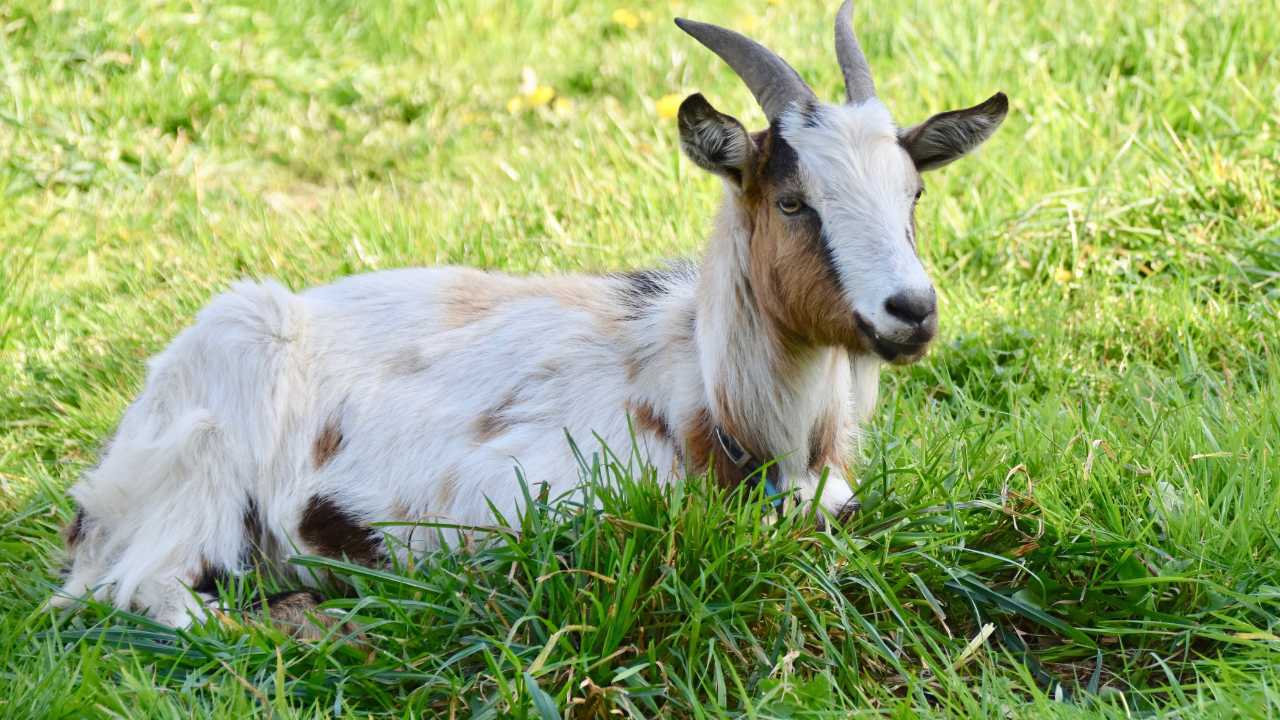
Q fever is caused by the bacterium Coxiella burnetii, which is found in cattle, sheep, and goats. Humans can get infected by inhaling dust contaminated with animal birth products, leading to severe flu-like symptoms.
15. Rocky Mountain Spotted Fever
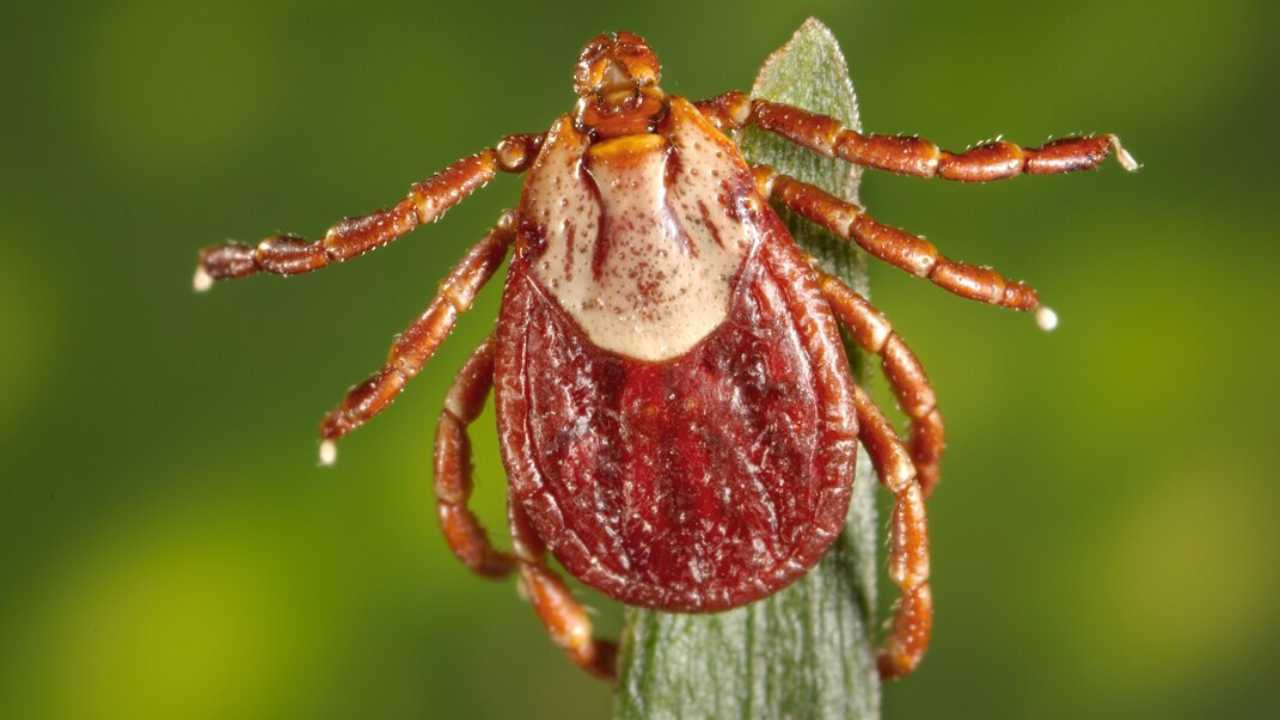
Rocky Mountain Spotted Fever is a serious illness spread by ticks carrying the bacterium Rickettsia rickettsii. Symptoms include fever, headache, and a rash. It can be life-threatening without prompt treatment.
Becky is a fervent wildlife enthusiast and pet care expert with a diploma in canine nutrition. Her love for animals stretches beyond the domestic, embracing the wild tapestry of global fauna. With over a decade of experience in animal welfare, Becky lends her expertise to OutlandishOwl through insightful articles, captivating wildlife information, and invaluable guidance on pet nutrition. Her work embodies a deep commitment to understanding the intricate lives of animals and a passion for educating others on sustaining natural habitats. Becky's hands-on conservation efforts and her knack for translating complex dietary science into practical pet feeding tips make her an indispensable voice for creatures great and small.

